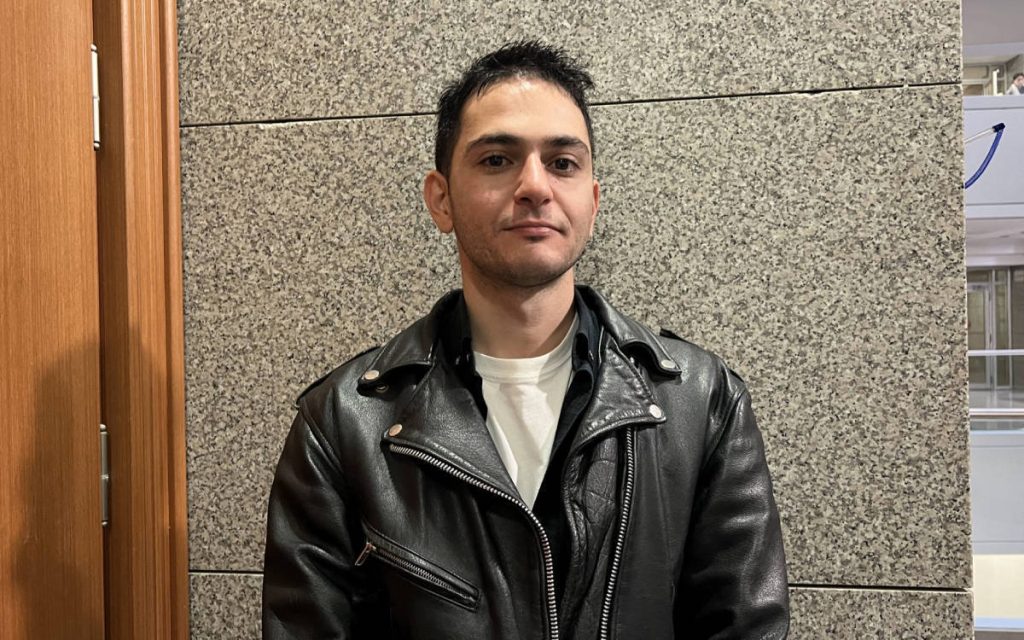In another stark demonstration of Turkey’s escalating war on the free press, an Istanbul court has summarily rejected an appeal for the release of journalist Furkan Karabay, who was recently jailed on politically motivated charges. The court’s decision, delivered with unusual speed on the very same day the appeal was filed, has sent a new wave of alarm through Turkey’s besieged media community, confirming that the judiciary now operates as a swift instrument of repression against critical voices.
Karabay was arrested over a YouTube video and social media posts, facing the now-commonplace charges of “insulting the president” and “targeting officials involved in the fight against terrorism.” These laws have been systematically weaponized by the Erdoğan government to crush dissent and punish journalists who investigate sensitive topics or expose wrongdoing.
The speed with which the on-duty court rejected the appeal for Karabay’s release has drawn sharp criticism. His lawyer, Enes Ermaner, slammed the decision as being contrary to the Constitution and procedural law, stating that the court provided no concrete evidence to justify the continued detention, relying instead on “cliche” and baseless justifications.
“This unlawful and unjust decision proves that the alarm bells continue to ring for journalists in Turkey,” Ermaner stated, emphasizing that a case concerning a journalist’s freedom should be examined with the utmost care, not dismissed with formulaic reasoning.
From behind bars, Furkan Karabay himself issued a defiant statement via his social media account, encapsulating the spirit of resistance among Turkish journalists.
“Our objection to the detention was rejected on the same day,” Karabay wrote. “Let them reject it in one minute if they want, let them imprison us for months for a crime that doesn’t exist. We are on the right side. Journalism will win.”
The case is a textbook example of the current state of Turkish democracy, where the fundamental duty of a journalist—to inform the public and hold power to account—is treated as a criminal act. The targeting of Karabay is not an isolated incident but part of a broader, deliberate strategy to intimidate the entire media landscape. As international human rights organizations have repeatedly warned, the erosion of judicial independence and the constant threat of arrest have created a climate of fear, forcing many into self-censorship and severely damaging Turkey’s international standing.


